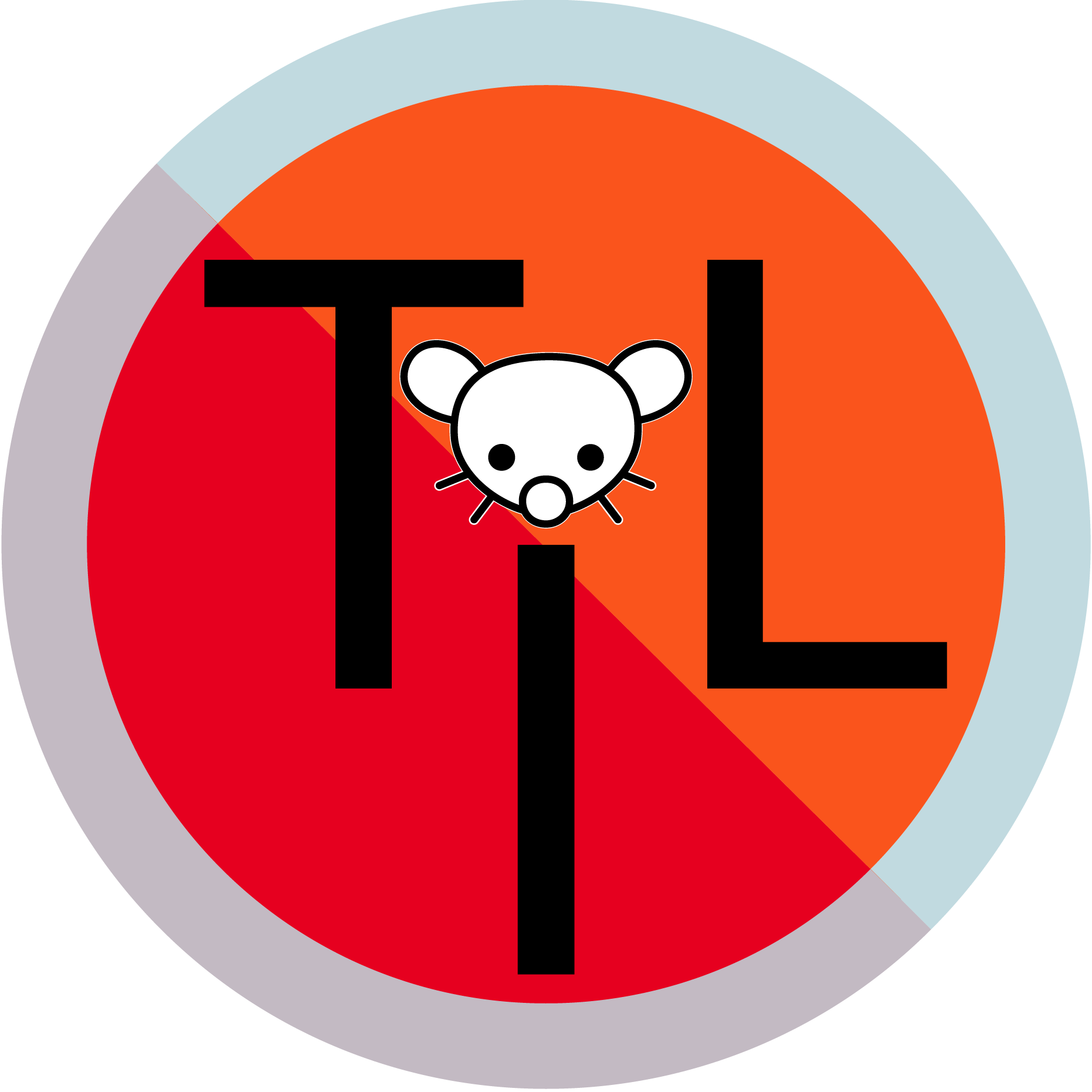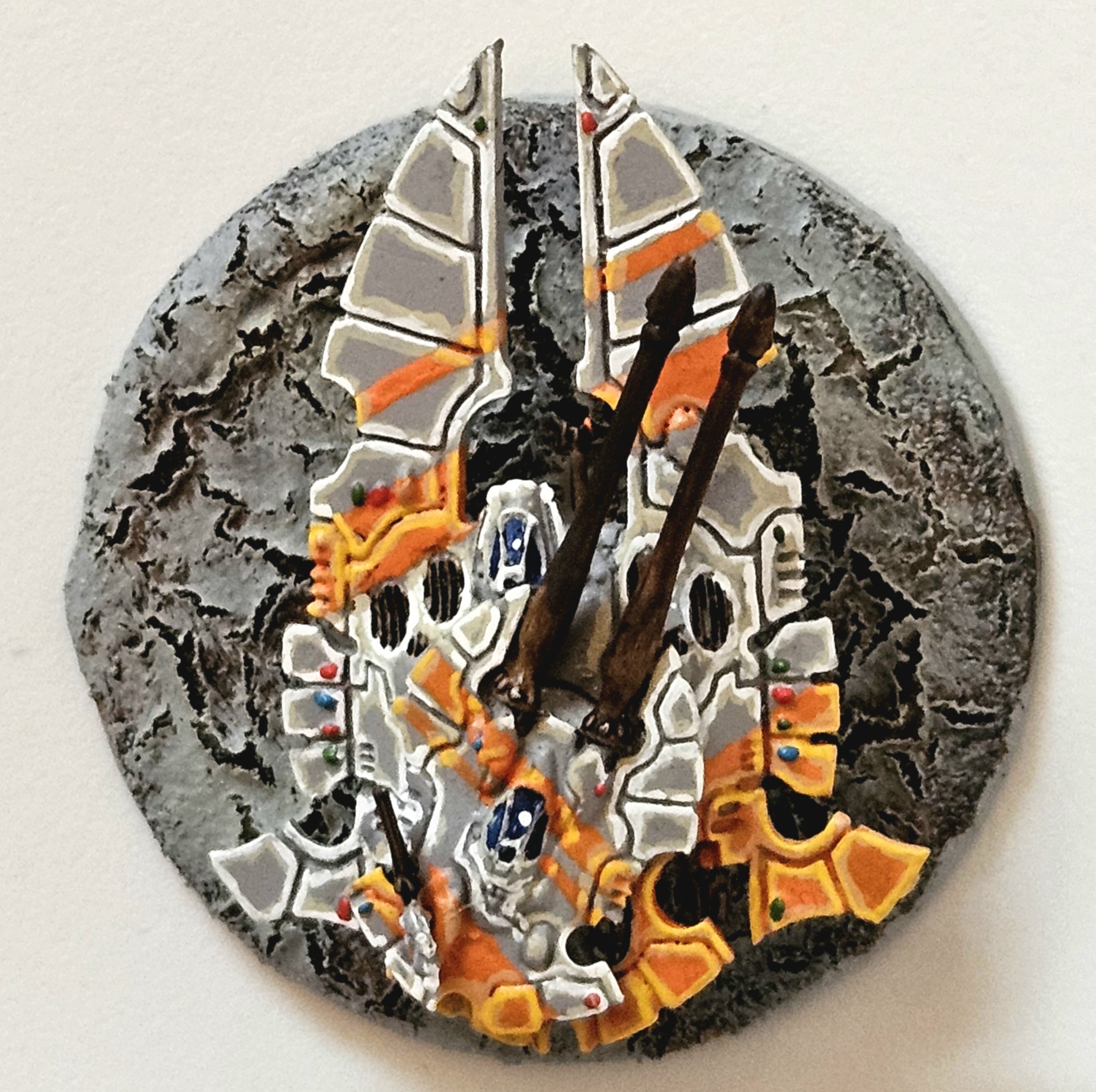

Even that article is talking about it like it’s some weird new idea that’s “gaining traction” (reading between the lines means that this is an idea that doesn’t have traction.)
It’s also written by some LinkedIn “editor,” so basically some chud whose job is to produce blog spam about the job market.
And the only two examples he could offer are some non profit in Toronto, and another based in the UK that I don’t think even exists anymore as of a year later.
And his poll reports 5% of 3000-some responses saying this is a thing, that’s gonna have some major biases because the only people who are even gonna see this poll are the kinds of weirdos who give a shit what this LinkedIn idiot says, and that sample live reflects a miniscule fraction of a percent that really can’t be interpreted as a all representative of the millions of people who have had job interviews. I can’t see the actual wording of how he phrased it’s because I’m not gonna install the LinkedIn app, but he could also have skewed the question in a way that would include stuff like getting compensated for travel expenses to attend an interview, which is something you might reasonably expect in some cases.
Besides that and a few people like you around the internet, I really can’t see anywhere saying that this is even remotely a thing, it’s something that a handful of employers might do but they’re a statistical anomaly.
Or they’re a pyramid scheme offering you a $50 gift card to show up and “interview” to sell steak knives.







My first exposure to cast iron was through boy scouts with cast iron griddles and Dutch ovens cooking on an open fire.
They got left out in the rain, blasted with heat hot enough to melt lesser metals*, had all manner of acidic foods cooked in them, got scrubbed clean with steel wool and dish soap, spent most of their lives when they weren’t in use in a garage with no climate control where the humidity often got pretty gross, and generally got used, abused, and neglected. Never had any issues with the seasoning, rust, etc. I think one time after a camping trip by the beach where they sat out getting lightly twisted with salt spray all weekend, they picked up a bit of rust, so someone’s dad got them sandblasted at his job, and after a trip or to through the oven for reseasoning they went right back in service, and that was the only special treatment they ever got.
So it was really weird to me when I got older and got some pans of my own to see people talking about babying their cast iron like they do. I’m a little more careful with my pans than I was with the ones we had in scouts, but not by much. And when I take them camping I’m not above throwing them into the fire to burn off any really stubborn, burnt-on crud.
And at the end of the day, there’s not much that you can realistically do to a cast iron pan that you can’t fix with some sandpaper and elbow grease and a quick reseasoning.
*At one point, we somehow ended up with an aluminum griddle in one of our cook kits. It was a pretty much indistinguishable from our iron ones except that it weighed less, it was a pretty solid griddle. On one camping trip it was left on the fire after breakfast, and I don’t know exactly how it came to pass because it was another patrol, but they somehow got the fire up hot en